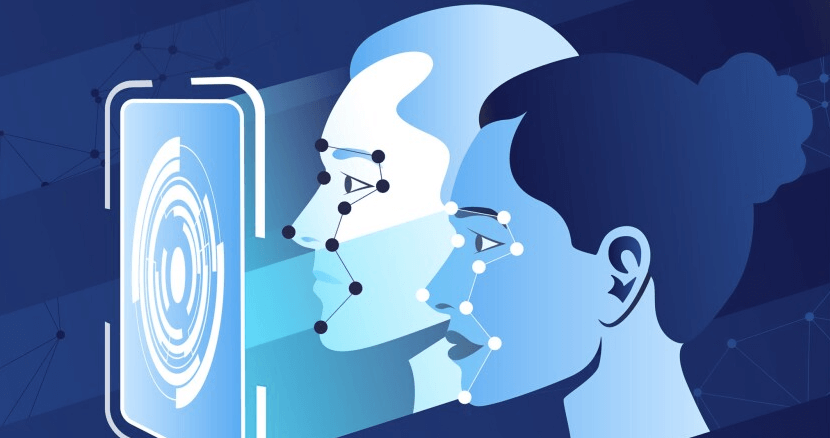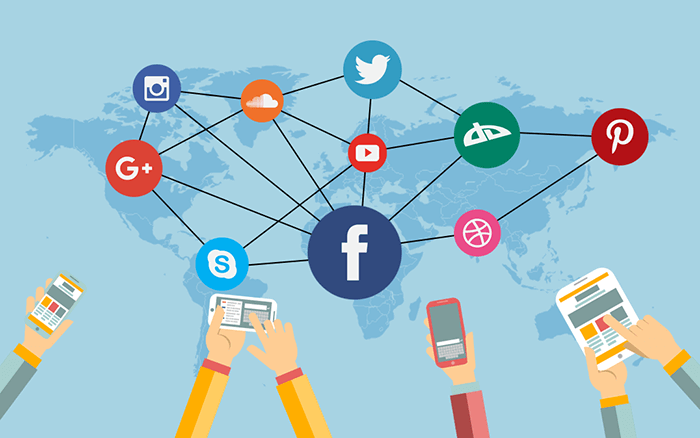Paid Parental Leave in America

Image: Shutterstock
At a company all-hands meeting last week, Twitter CEO Parag Agrawal announced plans to take “a few weeks” of paid paternity leave for the birth of his second child, though it’ll reportedly be less than the full 20 weeks that Twitter provides.
The social media giant isn’t the only one to provide some sort of parental leave – though not every company does. The benefit isn’t federally mandated, but a proposal to extend four weeks of paid parental leave to all Americans was included in President Biden's proposed Build Back Better plan, which is pretty much dead in the water.
- Some Democrats have played with the idea of a standalone bill focused on paid parental leave, but it would have to garner the support of at least 10 Senate Republicans.
All that to say: The topic we’re tackling today is paid parental leave in America. What’s the right move?
🔢 By the numbers… As it currently sits, companies with 50+ employees are required under federal law to provide unpaid leave. This applies to 89% of workers.
- Among Fortune 500 companies – which typically offer the best benefits – 72% offer some sort of paid parental leave. 33% of those companies offer twice as much leave to mothers as to fathers.
- A handful of firms opt instead for the genderless ‘primary caregiver’ and ‘secondary caregiver’ to determine who gets more time off.
- On the whole, 23% of U.S. workers have access to paid family leave. The Bureau of Labor Statistics reports eight in ten workers (79%) had access to paid sick leave – which is generally less time off – through their employer in 2021, but workers in certain occupations, part-time workers, and lower-wage workers are less likely to have access paid sick leave.
🌎 Zoom out: The US is the only developed nation without federally mandated paid parental leave – though nine states + DC have measures in place. The average paid maternity leave worldwide is 29 weeks, while the average paid paternity leave is 16 weeks.
🤔 Out-the-door poll… Do you think US employers should be federally required to offer workers paid parental leave?
📋 Broad public opinion: Nearly 6 in 10 Americans think US employers should be required to offer employees paid parental leave (59%), according to a recent YouGov poll.
Share this!
Recent Discussion stories

Discussion
| February 16, 2022The Great Toplessness Debate
Last week, Adidas highlighted its new collection of sports bras by tweeting a photo grid of 25 different pairs of naked boobs, earning both praise and pushback across the internet. In response to criticism, the company defended the post by arguing, “It’s important to normalize the human body.”
Based on the variety of opinions we stumbled across, the topic we’re tackling today is toplessness – should it be allowed across the board? Only men? Not at all?

Discussion
| February 11, 2022Does Facial Recognition Have a Place in Society?
Facial recognition technology is increasingly common throughout society. We can unlock our phones with our faces, smart doorbells let us know who is outside our home, and services like Clear let you attend events or fly on airplanes using your face as an ID.
But everyone isn’t on board with this new trend – just ask the IRS, which came to that conclusion this week after announcing a program that would have required taxpayers to verify their identity using facial recognition software from ID.me.

Discussion
| February 9, 2022How Should Online Content Moderation Be Handled?
There’s been a lot of discussion about censorship and free expression on the internet in the wake of the Joe Rogan-Spotify situation. We’ve previously covered the laws governing how internet companies treat user-generated content, but decided to revisit the topic in light of recent events.
You've made it this far...
Let's make our relationship official, no 💍 or elaborate proposal required. Learn and stay entertained, for free.👇
All of our news is 100% free and you can unsubscribe anytime; the quiz takes ~10 seconds to complete